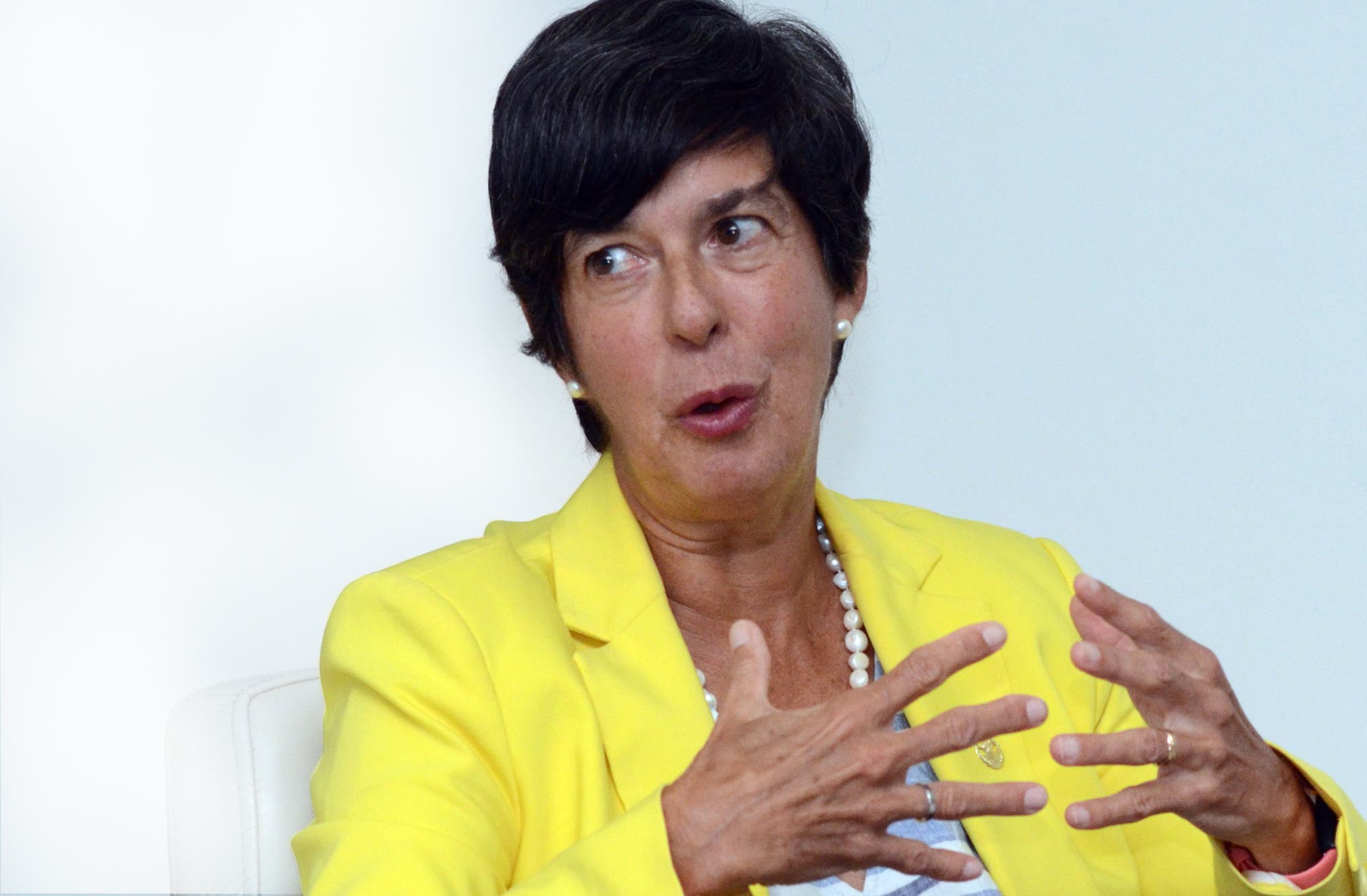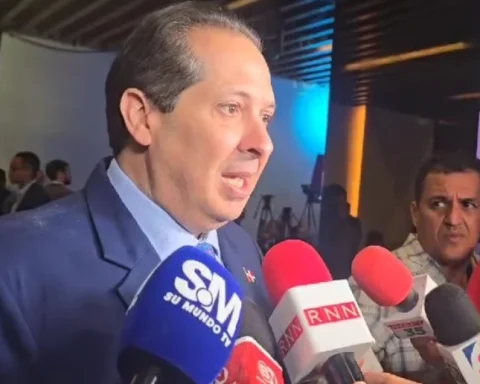SANTO DOMINGO.-The regional director of the World Food Program (WFP), María Dolores Castro, said yesterday that from the United Nations Organization they advocate for countries to avoid implementing protectionism policies in food matters, favoring not putting barriers to the movement of food in the world.
He pointed out that among the greatest challenges facing Latin America are the high levels of urbanization in many countries, which means that their inhabitants lose their native gastronomic customs, giving way to more expensive and less healthy diets, the prelude to various diseases.
“We also have areas that no longer produce and migratory movements,” Castro said.
Food
He said that the WFP is very concerned because in thirteen countries in the region, there are nine million people in severe food insecurity.
“We all know of the impact of Covid-19 on food systems and the governments of the region agreed to overcome the effects of the food crisis by making great efforts to transfer money and increase social protection.
In fact, in Latin America and the Caribbean there have been almost 350 new new projects, becoming the region that has put in the most new systems to serve the poorest”. He defended such measures due to the complexity of the crisis.
“Practically everyone lost their job and we got over it, but what is happening now is the inflation that Covid left us, reflected in the increase in food due to freight, the price of commodities and finally the Ukraine crisis. ”.
He explained that in the Black Sea area where the countries involved in the most recent conflict are located, a large part of the world’s food products are produced.
“It is said that 12% of the world’s kilocalories on all wheat, barley and sunflower oil. 50% of sunflower oil is produced there, 30% of wheat and 12% of barley just to give you three products but they produce more”, he said.
fuels
Other problems raised after Russia’s invasion of Ukraine are linked to fuel production. This is so because Russia is the first producer and exporter of gas in the world and the second in oil. “Then there is the issue of fertilizers, they are producers of 20% globally.”
He asserted that countries are going to have to find substitutes or switch to using organic fertilizers.
The big problem
According to Castro, the most difficult will be those nations that do not have the capacity to buy food at the current cost. In many cases, the price has been doubled and there is not as much quantity because production has stopped. “This is very worrying, especially for small producers.
In Latin America we have a large number of small producers and therein lies the problem because we ask ourselves if they are going to be able to achieve this and how it is going to affect the family economy”
Increase
The WFP official said that in recent months, Latin America went from seven million to nine million people in vulnerable conditions.
Impact of the war
Regarding the impact of wars, Castro said that they are the greatest cause of hunger in the world. “We would end 90% of world hunger if the conflicts in Ukraine, Yemen, Nigeria ceased,” he said. He pointed out that the other major problem is the climate crisis, especially in the Caribbean. “We could, if we don’t have wars, focus on preventing those problems.
Conflicts are the biggest cause of hunger in the world,” he said. He pointed out that from the WFP they work to reduce the amount of food that is lost and to be able to reuse it or distribute it in a more efficient way. The loss figure is three billion tons.
Other cases
—1— Percentage
In Latin America there are countries that import 80% of the food they consume.
—2— Reason
They are largely, the countries dedicated almost entirely to the service sector.
—3— Trouble
Islands are included, threatening their food security.
4.5 million people
They live with food insecurity in Haiti and 1.4 million in serious conditions.
Haiti will need more crisis support
Case. Haiti will require more global support due to the economic crisis generated by the Covid-19 pandemic and the Ukraine crisis, factors that have destabilized world trade
The regional director of the World Food Program (WFP), María Dolores Castro, said yesterday that the Caribbean nation will require more income to be able to face the high price of food.
“The WFP has a program in Haiti that covers 1.4 million people because they are considered highly food insecure due to droughts, earthquakes, hurricanes. and the little ability to produce.
The biggest problem is that Haiti is a net importer of food products and having a huge price increase, it will affect them”. He indicated that on average, all foods have risen 34%, fuel 60% and that some high-demand products have risen up to 112% and the increases are expected to continue.
“Its situation is getting worse because there is a crisis in the world, but this year we don’t know how far it will go,” Castro said when participating as a guest at the Corripio Communications Group luncheon.
















